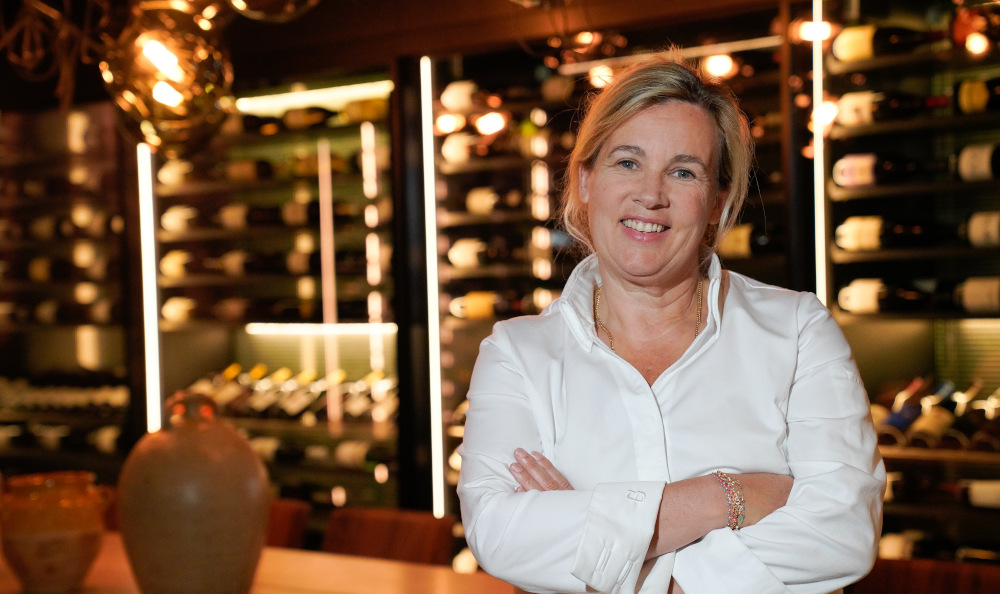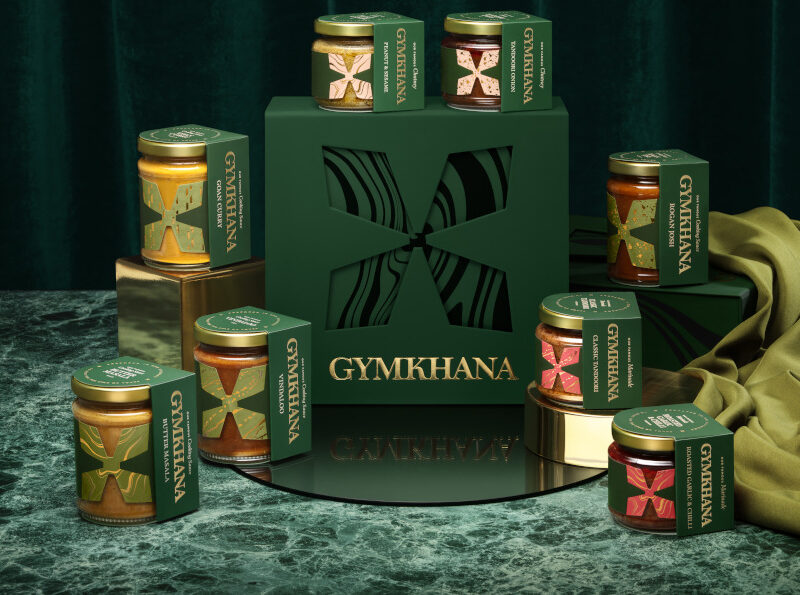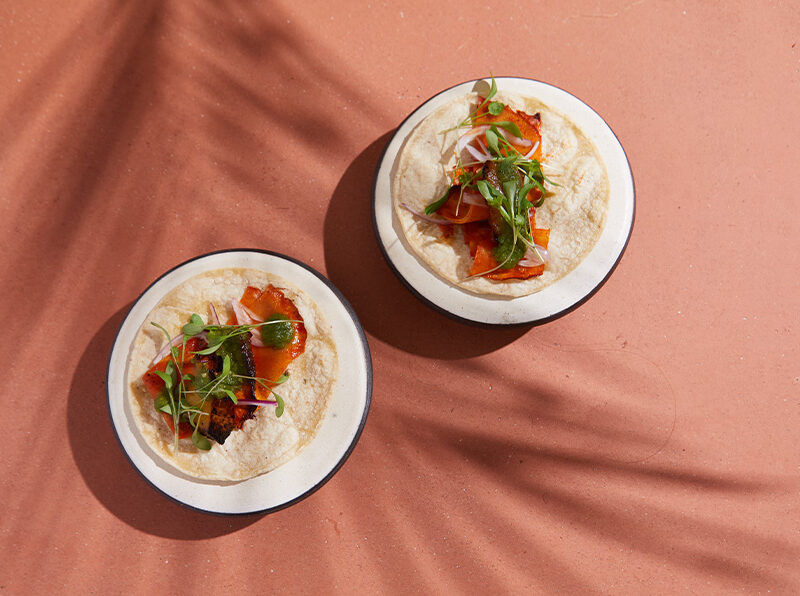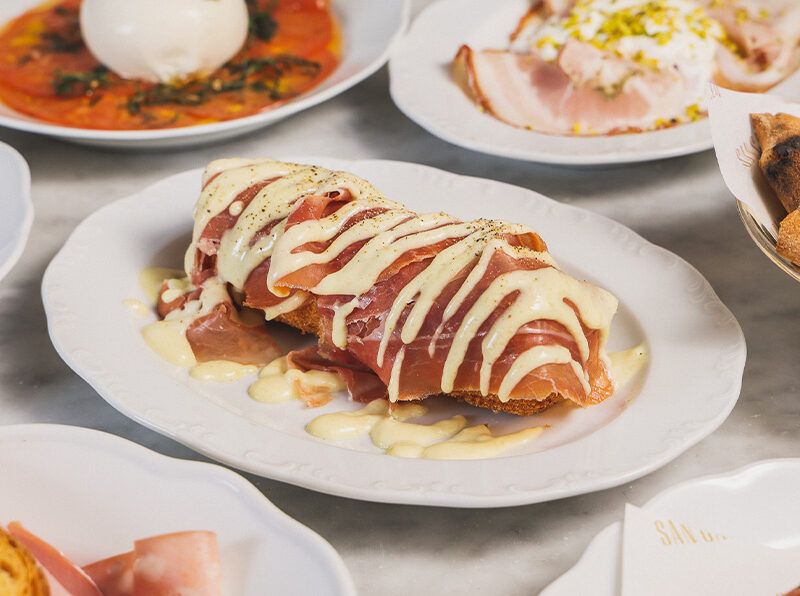
Hélène Darroze interview
Hélène Darroze interview
We talk to the acclaimed chef about what inspires her. By Ellie Holmes
Img: Helene Darroze (c) ADN Production
French chef Hélène Darroze oversees three top restaurants with six Michelin stars between them: The Connaught in London with three stars, Marsan par Hélène Darroze in Paris with two and Villa La Coste, Provence.
Hélène, how do you stay inspired?
Every day my focus and motivation is to give joy to my guests. People come to our restaurants to have a beautiful experience, to be happy, and it is our responsibility to deliver. It’s my job to create and to test and to find the good balance of flavours in a dish. I have to produce a dish that gives happiness to my guests. I always cook what I love, because I just can’t do something that I don’t love. If you take that enjoyment out of my life, I’ll stop and do something else.
When did your love of cooking begin?
Food is in my DNA – I started to cook when I was very young and my mother told me that I understood how to taste before I could even walk. My first experience of cooking was baking cakes, an experience a lot of young children similarly have. My father, grandfather, grandmother, great grandfather and great grandmother were all chefs, in addition to my great great grandmother too, so I have followed on to become the fourth generation of my family to become a chef. My family have been a great influence on my vision of always wanting to bring our guests happiness through sourcing the best products we can. When welcoming guests to my restaurants I always want them to feel like they are in my home, where I got my love for cooking.
Where is your favourite place to eat in London?
For several years, the Clove Club has been one of my favourite fine dining places, and I am also a big fan of Clare Smyth’s approach at Core. Both chefs are inspired to glorify the products of the UK. I am also looking forward to visiting the new Ledbury now it has re-opened. I love Café Murano, Brat, and Frenchie Covent Garden. I also love Japanese food, and places like Roka, Chisou, or Cubé are my favourite ones in terms of a casual experience.
What are your favourite dishes in your restaurants?
I do not have a favourite dish – they are like children, they come from you and you cannot pick a favourite. If a dish is on the menu it is because I love them but I could not pick one specifically which I prefer.
London or Paris?
Both cities: Paris for its beauty and tradition and London for its eccentricity and energy.
What has been the hardest things to overcome for you in your career?
The pandemic – a very complicated time for the industry in general. We didn’t know when the restaurants were going to open again. We had to question ourselves, be creative and find solution such as take-away and delivery. We had to remain all very close, my team and I, and supportive.
Do you think that being a restaurateur is still a very male dominated industry?
Alain Ducasse gave me some advice when I first started; ‘there is a place for women’ – he was right and it is also great at supporting women to succeed. Women play an integral role in the culinary and gastronomic scene, great examples include Dominique Crenn, Elena Arzak, Anne-Sophie Pic, Clare Smyth and so many more. I personally haven’t experienced misogyny or sexism in my chef life, as a commis or head chef. That is not to say it doesn’t exist, I just didn’t face it. The advice I’ve always given to female chefs is: be yourself, be a woman; embrace your femininity; and cook as a woman.
What advice would you give your 20-year-old-self?
Believe in yourself, don’t try to be someone else and follow your dreams.





